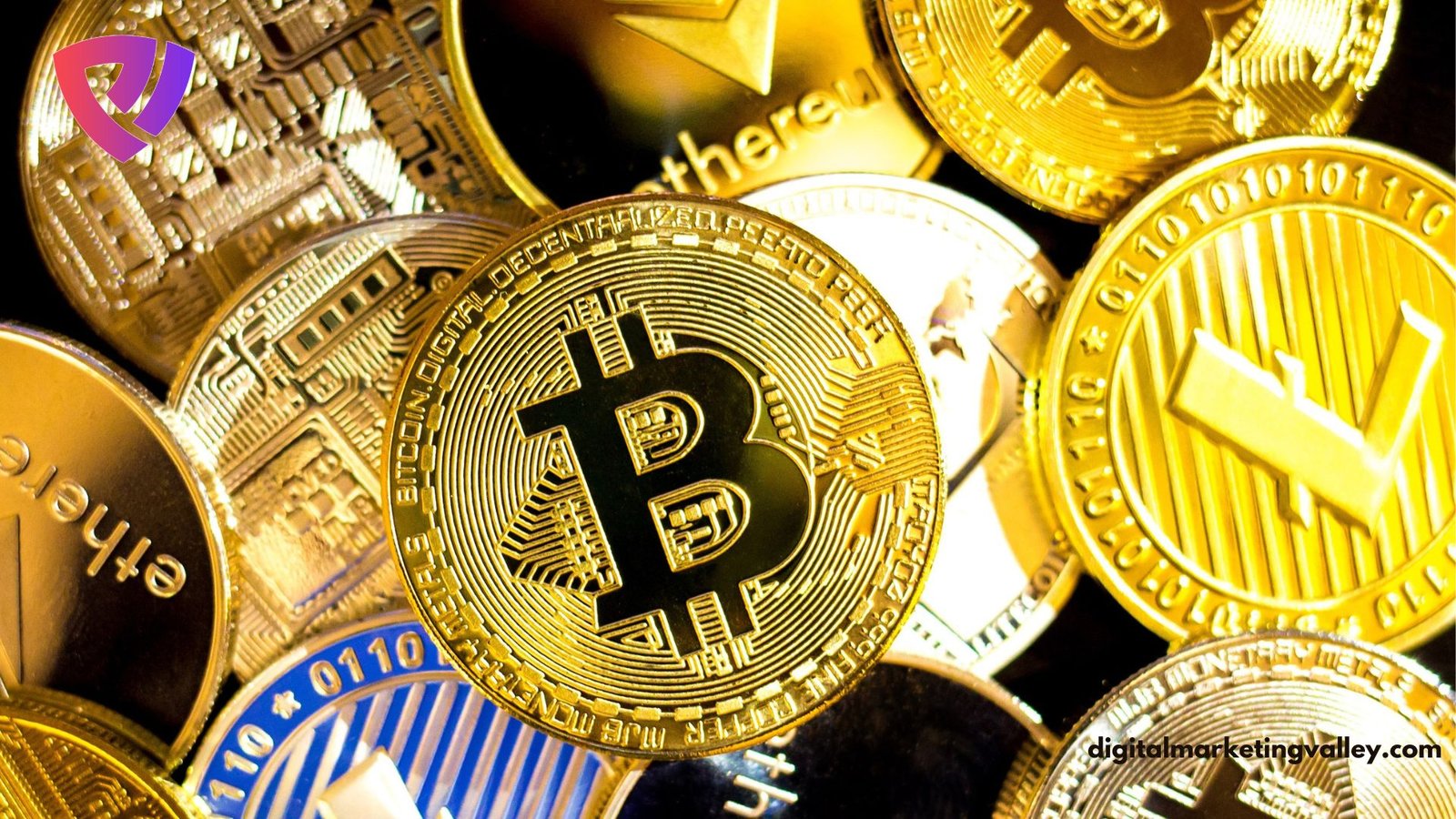How Social Media Can Negatively Affect Your Mental Health and What to Do About It
Are you concerned about the impact of social media on your mental health? This post explores the potential risks and offers practical tips for staying healthy.
Table of Contents
ToggleIntroduction
Social media has become ubiquitous in our daily routines, providing a way for people to connect with friends and family across the globe. It’s also an effective tool for staying informed about current events, discovering new hobbies, and finding new communities. However, as social media usage grows, concerns over its potential impact on mental health are also rising.
Research indicates that excessive social media use can result in heightened sensations of anxiety, depression, and loneliness. The constant comparison to others’ highlight reels can also contribute to negative body image and decreased self-esteem. Additionally, social media can be addictive, leading to compulsive use and the potential for social isolation.
Understanding these potential risks and taking appropriate measures to mitigate them is essential. This post will explore how social media can affect our mental health and provide practical tips for maintaining good mental health while staying connected online.
By setting boundaries and limiting time spent on social media, curating our social media feeds, practicing self-care and mindfulness, and seeking professional help if needed, we can protect our mental maintenance of good health while continuing to reap the benefits of social media. Ultimately, it’s up to each individual to determine how best to balance social media’s benefits and potential risks in their own lives.
Understand the Risks of Social Media.
While social media can be a great way to connect with others and stay informed, it’s essential to understand the potential risks. Research has indicated that an excessive amount of social media usage can result in heightened emotions of anxiety, depression, and feelings of isolation. Additionally, social media can contribute to a negative body image and decreased self-esteem. It is crucial to be mindful of these risks and implement measures to lessen their impact.
Limit social media time and set boundaries.
One of the most effective ways to protect your mental health from the adverse effects of social media is to set boundaries and limit your time spent on these platforms. It can include setting specific times of day for checking social media, turning off notifications, and avoiding social media altogether during certain activities or events. It’s also important to be mindful of your social media content and to unfollow or mute accounts that make you feel anxious or unhappy. By taking these steps, you can enjoy the benefits of social media while protecting your mental health.
Curate Your Social Media Feed.
One of the most significant ways social media can negatively affect your mental health is through the content you consume. It’s important to curate your social media feed to ensure you only see content that makes you feel good. It means unfollowing or muting accounts that post harmful or triggering content and following reports that inspire and uplift you. You can also use tools like the “mute” or “hide” features on social media platforms to filter out certain types of content. Taking control of your social media feed can protect your mental health and create a more positive online experience.
Practice Self-Care and Mindfulness.
In addition to curating your social media feed, practicing self-care and mindfulness is essential to protect your mental health. It can include taking breaks from social media, setting boundaries around your social media use, and engaging in activities that bring you joy and relaxation. Mindfulness practices like meditation, deep breathing, and yoga can also help you stay grounded and present at the moment, reducing stress and anxiety. By prioritizing self-care and mindfulness, you can build resilience and protect your mental health in the face of social media’s potential adverse effects.
Seek Professional Help if Needed.
If you find that social media is negatively impacting your mental health and you’re struggling to cope, it’s essential to seek professional help. It could include talking to a therapist or counselor, joining a support group, or seeking treatment for a mental health condition. Don’t be afraid to seek help – mental health is as important as physical health, and resources are available to support you. It’s essential to keep in mind that maintaining good mental health is a process, and there’s nothing wrong with seeking assistance during the journey.
Conclusion
To sum up, social media can have beneficial or detrimental effects on our mental health. Social media has the potential to offer a means of staying connected with others and staying up-to-date. Still, it can also generate impractical standards, add to feelings of insufficiency, and subject us to cyberbullying and harassment. To protect your mental health, understand the risks associated with social media and take practical steps to mitigate them. It includes setting boundaries and limiting our time spent on social media, curating our social media feeds to focus on positive content, practicing self-care and mindfulness, and seeking professional help. By being proactive and mindful about our social media use, we can enjoy the benefits of this technology while protecting our mental health.
Handpicked Related Article: How to Get High-Paying Clients as a Freelancer
FAQs
Here are some frequently asked questions about social media and mental health:
Yes, studies have shown that excessive use of social media can lead to increased feelings of anxiety, depression, and loneliness.
Some ways to protect your mental health while using social media include setting boundaries and limiting your time on these platforms, curating your social media feed, practicing self-care and mindfulness, and seeking professional help.
Yes, curating your social media feed can make a big difference in how social media affects your mental health. By unfollowing or muting accounts that post harmful or triggering content and following reports that inspire and uplift you, you can create a more positive online experience.
Deleting your social media accounts is a personal decision that depends on your needs and circumstances. It’s essential to evaluate how social media is affecting your mental health and take steps to mitigate any adverse effects. However, deleting your accounts might be helpful if you find that social media is causing you significant distress.
If you’re already struggling with a mental health condition, it’s essential to be mindful of your social media use and take steps to protect your mental health. It might include seeking professional help, setting boundaries around your social media use, and engaging in self-care practices. It’s essential to recognize that mental health is as significant as physical health, and seeking help is nothing to be ashamed of.
Latest Articles






